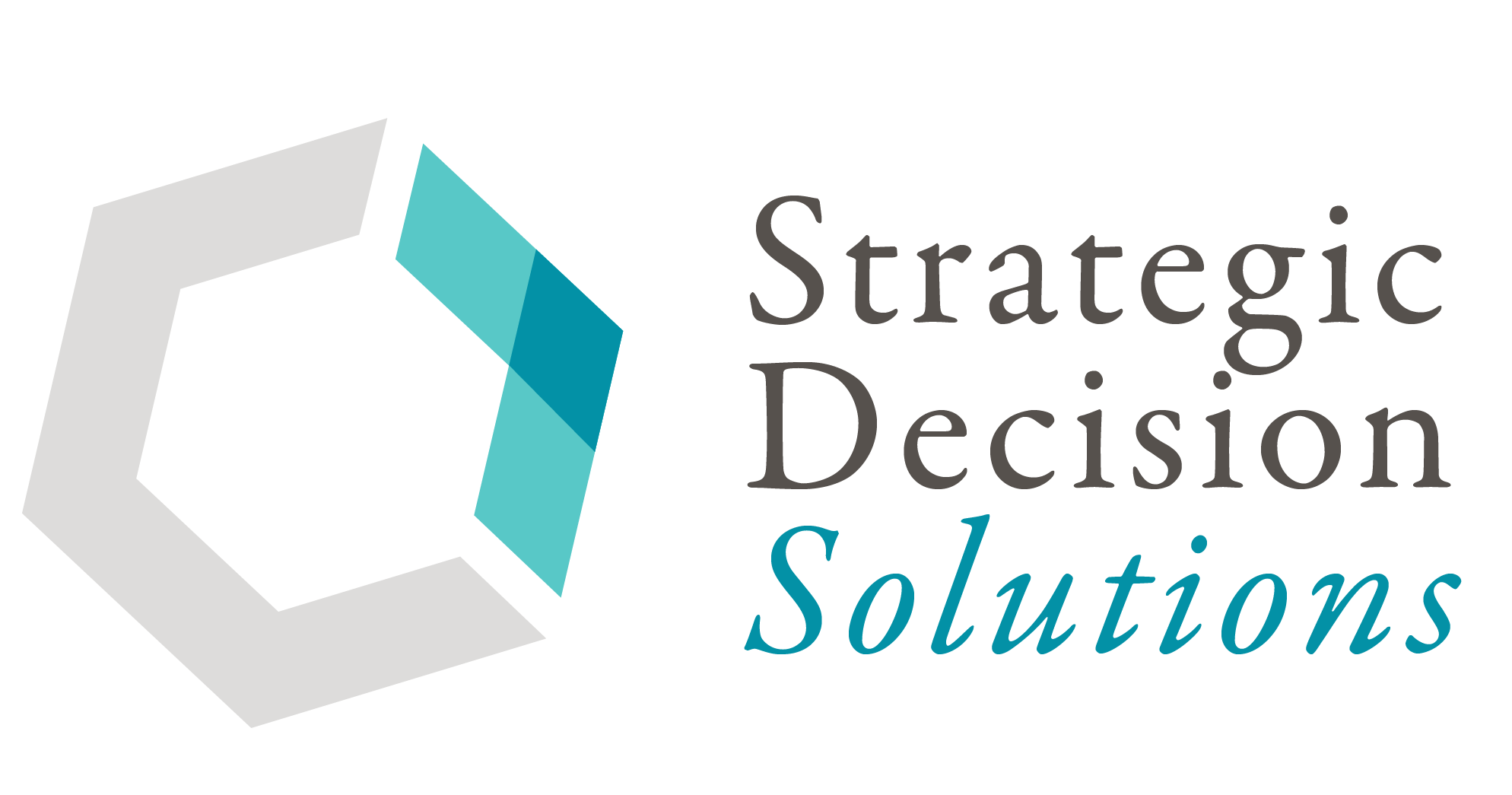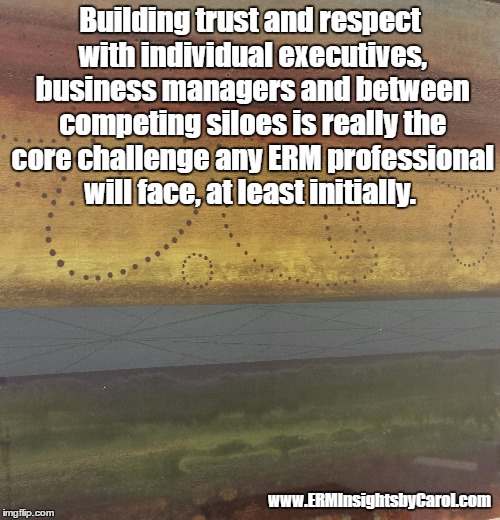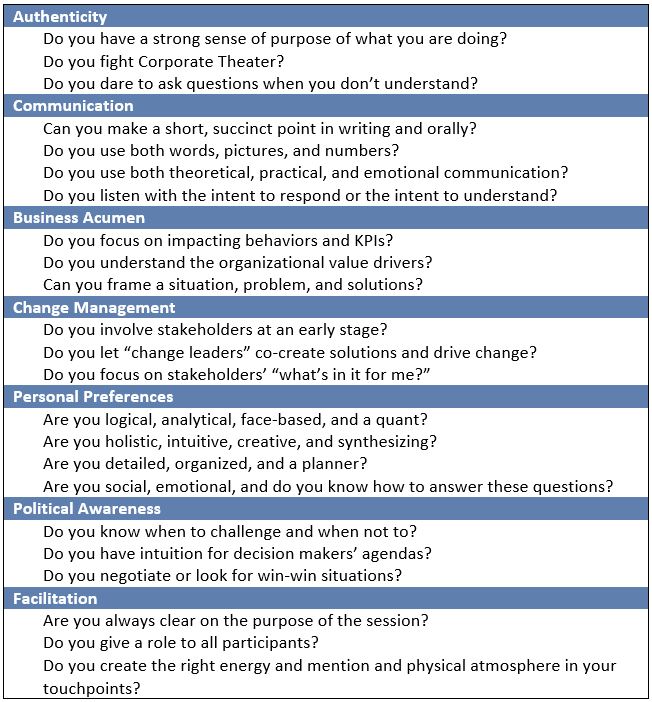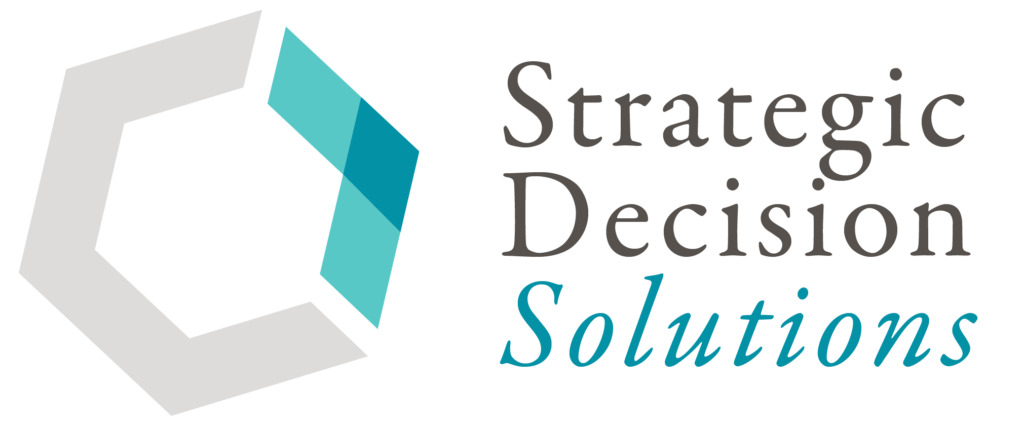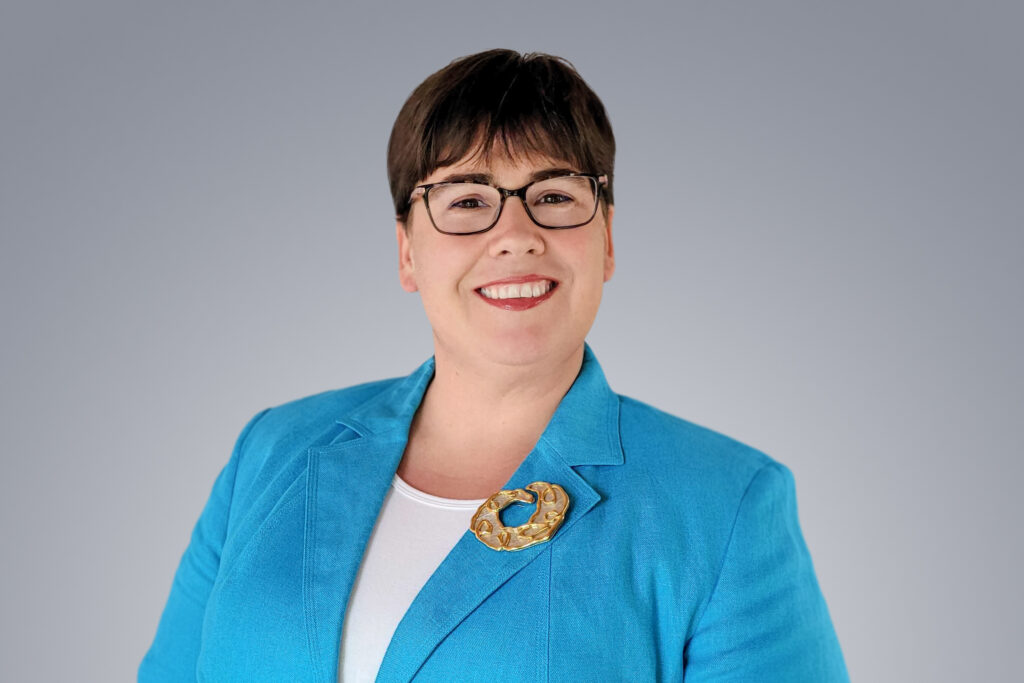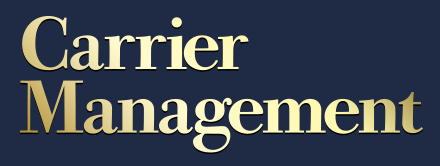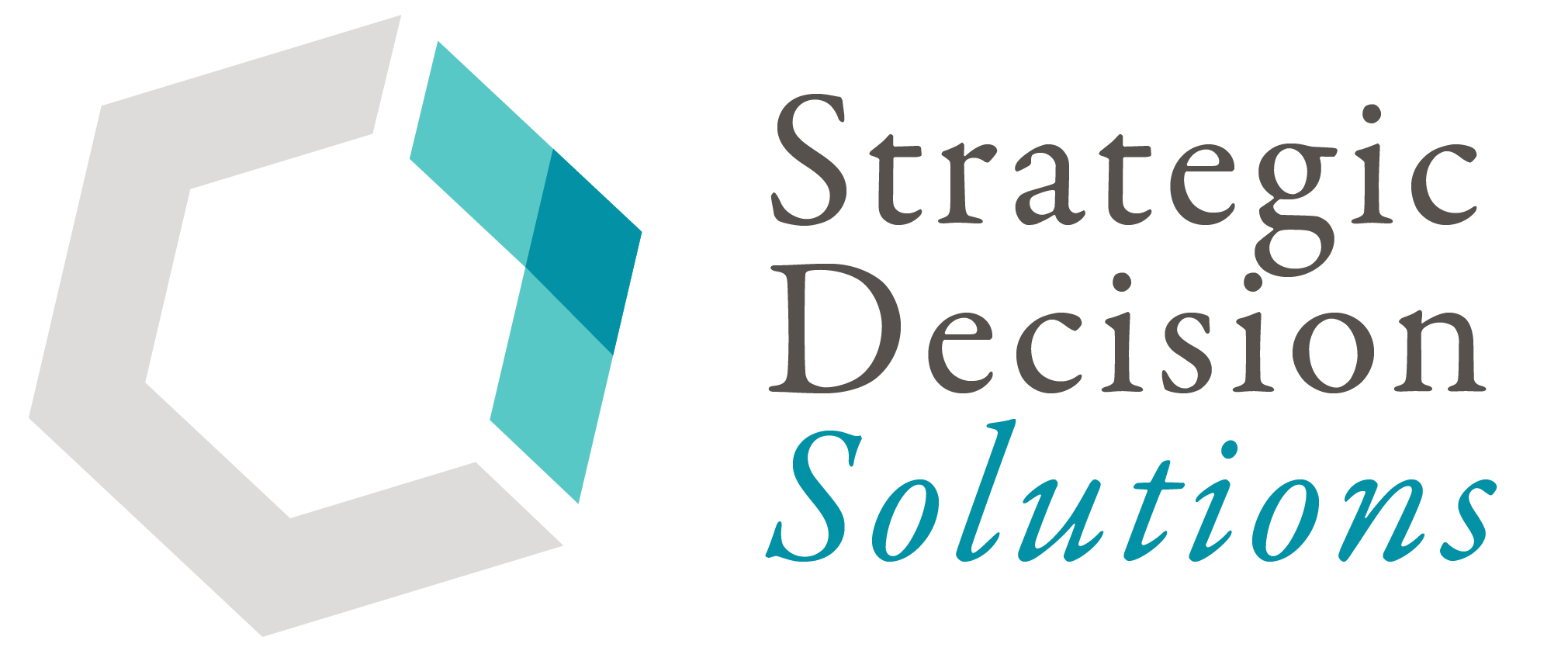If your company is searching for an ERM professional, or you have recently been assigned this job at your company, there are certain qualities you will want to look for or develop. Every organization is managing risk to some extent. However, as we explain here, risk management in most organizations occurs on the department-level within a particular silo.
Enterprise risk management is different because it ties all of the siloes together to provide company leadership with a cohesive view of how risks interrelate between business units.
In a nutshell, the primary job of an ERM professional isn’t to manage the risks facing the company, but rather tie all of the siloes together so business unit managers and top leadership can make informed decisions. Their job has more to do with facilitating cooperation between business areas and identifying how risks in one area can affect another.
Before getting into the personal qualities of an effective ERM professional, I want to discuss some of the challenges this individual will likely encounter when working with various personnel within the company. These challenges will be why the identified personal skills are needed.
Building trust and respect – the two core challenges faced by even the best ERM professionals
Building trust and respect with individual executives, business managers and between competing siloes is really the core challenge any ERM professional will face, at least initially. There will be resistance, and maybe even hostility, to their initiatives since many managers think someone else will tell them how to do their job or fear losing control of their respective areas, losing money or even prestige, or simply having to deal with another layer of bureaucracy.
As explained by Rick Machold, Chief Audit Officer at TSYS and co-author of “The Human Side of GRC” from Crisis Management International, “…earning that respect is especially important because, in some cases, you’re playing a counterpoint role, questioning everything that’s being done and why, so the risk manager has to have credibility and garner respect. You need that relationship equity and trust. If the person isn’t liked or respected, it’s a non-starter.”
The ERM professional will see their inquiries as a way to learn about company’s operations, but business leaders may feel like their capabilities and judgement are being questioned.
To overcome this challenge, the ERM professional will need to clearly demonstrate that enterprise risk management isn’t another cost center, but rather a value-added process that will help it make more informed decisions for future strategy, save the business unit and company expenditures, and more. Without this personal-level commitment, even “…the best GRC strategy, process and technology will most often fail…” according to Machold.
To win over business unit executives, the ERM professional will need to have exceptional emotional intelligence among other things…
As enterprise risk management continues to develop as a practice, it’s becoming quite clear that a diplomatic approach is the key to developing a successful program. To be diplomatic means you also need a high emotional intelligence, which Dr. Travis Bradberry breaks down in this article. Essentially, emotional intelligence is a person’s capacity to be aware of, control, and express their emotions, combined with an ability to see and adjust appropriately to other people’s emotions.
Too often, enterprise risk management initiatives fail not because their strategy, processes or technology were flawed, but rather they neglected the human dimension. According to consultant Larry Warner, “…executives with whom you are working don’t want to hear, ‘This is something you have to do.’ They don’t want to be treated like your kids…”
In a perfect world, the ERM professional will be able to win over every executive, manager, and employee at the company and have them whole-heartedly embrace the idea of ERM and their role in the risk management process. But in reality, the ERM professional will likely have to sell the concept of enterprise risk management by talking to the business executives one-by-one; but once the process begins showing results in one area, this success story can be used to achieve buy-in elsewhere within the company.
Although diplomatic and interpersonal skills are important, there are other traits an ideal ERM professional will need to possess, including:
- Ability to design and launch a workable program that combines existing risk management practices (architect).
- Ability to start conversations around the topic of risk in the proper environment (facilitator).
- Ability to support and encourage risk management efforts among managers and employees (coach).
- Ability to provide an explanation in familiar terms of how enterprise risk management can benefit the company (communicator).
The following chart from Martin Vilsøe of Implement Consulting Group is a great tool for executives looking for someone to coordinate their ERM program. It includes different attributes and questions for the individual to consider…
Finding the right person to fill the role of an ERM professional is a challenge in of itself. While it is good for executives, audit committees and boards of directors to be thinking about the enterprise risk management process, it shouldn’t lose sight of the biggest priority of developing a successful program – the human element.
Have you been given the responsibility of handling ERM and feel lost?
Have you found it difficult to find an ideal candidate that fits these parameters?
We invite you to share your thoughts in the comment field below, or join the conversation on LinkedIn.
If you’re struggling to get your risk management initiative off the ground or back on track, my background as an ERM professional and skills at working with business leaders will help ensure your program’s success. Click here to learn more about my background, and contact me to discuss your program today!
Featured image courtesy of “stockimages” via FreeDigitalPhotos.net
